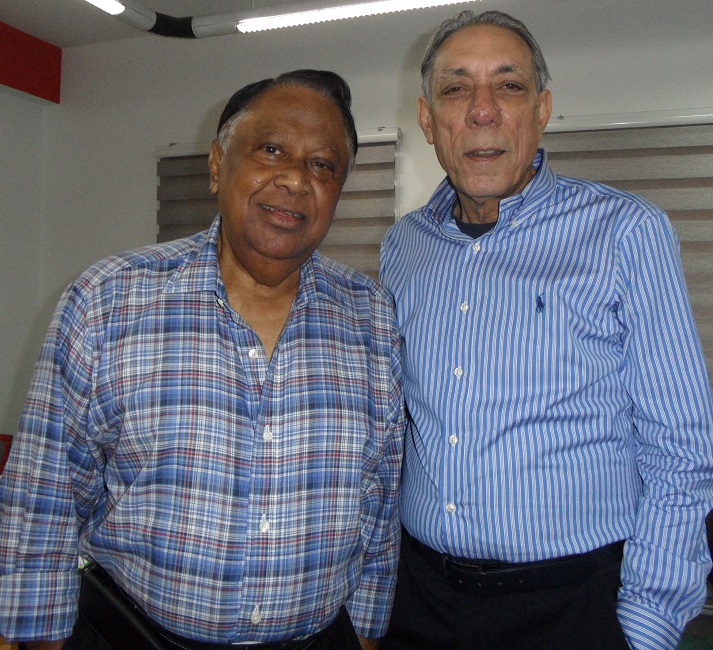Ask Henry Jacob, Senior Executive Director of Homebound in Dhaka, how he chose the name of his company and he will tell you that most of his customers are ‘going home’, so Homebound seemed right. But, take a glance back to history, and the name seems even more poignant.

For centuries, Europe has had an unbreakable tie with Bangladesh. European trading began in the 15th century with the British East India Company taking control of Bengal in 1757. At that time many local people found work on the ships and found a home-from-home in London and other European cities. The partitioning of India came in 1947 which created West and East Pakistan followed by the war of liberation, concluded in 1971, that created the independent state of Bangladesh.
Ravaged by conflict many local people chose to move to Europe, especially the UK, more permanently and found work, often as cooks and restaurant owners. Before 1970 an ‘Indian’ restaurant in the UK was a rare sight. Today it’s easier to dine on Fish Bhuna with Pulao Rice in London than Roast Beef and Yorkshire Pudding. Ask any waiter in an Indian restaurant in the UK where his family comes from and he will probably say Sylhet, a district of Bangladesh. Try it sometime.
Henry Jacob, and his brother-in-Law, Anselm Quiah, Managing Director, started Homebound in 1972, immediately after Bangladesh was liberated and just in time to take advantage of this migrationary bulge and the influx of corporate and diplomatic personnel. “Lots of countries started to recognise Bangladesh as an independent state at that time,” said Henry. “There were very few companies there to provide moving services. We saw the opportunity.”
And what an opportunity it turned out to be. Having started with a handful of people, Homebound today employs a staff of around 375 in its head office in Dhaka, a port office in Chittagong and an office near the Indian border to handle border movements. “We do all the work ourselves,” said Henry. “We don’t subcontract anything.”
Homebound is now the only company in Bangladesh with ISO 9002, it’s a member of FIDI, BAR, IATA and IAM and provides a wide range of services for its private, corporate and diplomatic customers including: household and office moving, transport, freight forwarding, fine arts handing, customs brokerage, trade fair services, records management and DSP services. “Our domestic moving has increased recently as the country has a growing middle class who are prepared to pay for a professional service,” said Henry.
But operating in Bangladesh is not always easy, especially for a Christian-run company in a Muslim country. “Sometimes we have issues but we keep on fighting it out,” he said, adding that they are careful to employ staff that represent each group: Christian, Hindu, Muslim
and Buddist. “At least we can cover the holidays that way! Actually, everyone gets along very well.”
The infrastructure can be tricky too with bad traffic, strikes, much of the country covered in water and places where the roads are impossible for large vehicles. But Henry has been working there a long time, he knows how to make it work despite the difficulties.
Henry said that HES (Health, Environment and Safety) is very important. Homebound has its own training programmes and includes defensive driving training to help reduce both accidents and fuel consumption. In Bangladesh it’s also a right of every worker to stop the work if they do not feel safe – that’s not just stop working but stop the job from continuing until the safety issue is addressed. The company has GPS in all the vehicles and strictly enforces drivers’ hours regulations.
“We are very strict on compliance,” said Henry. “We work with a lot of American companies so it’s essential. Although there is corruption in the country we never get involved because we only work with good companies that have to be compliant themselves, so we never come under pressure.”
On its website Homebound claims to be the number one company in the country and a service provider that can ‘do it all’ for its customers. For most international agents, however, the key is that the trusted, familiar, friendly face of Henry Jacob is there to handle their shipments in, what is to them, an unfamiliar and challenging place.
Click here to see the next Editor's Pick